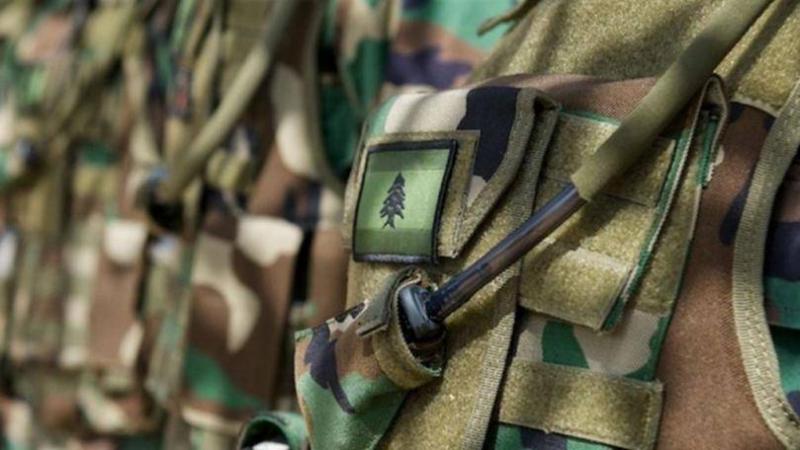The explosion of the crisis that has struck Lebanon for nearly four years has led to widespread repercussions in a politically divided reality, with various currents, sects, and denominations contributing to the fragmentation of various sectors and institutions to varying degrees. Some faced these challenges head-on, while others collapsed under the weight of repeated blows. The crisis itself could occur in any country, but it takes on different dimensions in a country where political authorities are multiple and in conflict, powers overlap, and security institutions are divided among political forces of various hues. Only the military institution, entrusted with all security tasks in the country, primarily focused on border protection, has emerged, or is on the verge of emerging, from the ruins, rebelling against a perilous reality imposed by a political system that has generated daily political, security, social, and administrative problems, which undoubtedly require a fundamental solution that deviates from the traditional methods practiced in Lebanese politics.
Army Commander Joseph Aoun has successfully navigated the toughest crisis that has struck the military institution at its core regarding the sustenance, medical care, and well-being of soldiers. Through his shuttle diplomacy between countries and his extensive network of contacts, he has left no door unknocked in securing substantial material, food, medical, and military aid, introducing extensive facilitation appropriate to the nature of the current phase, thus keeping the army resilient and its personnel united around it, despite some exceptions of individuals who left the country in search of better conditions amidst a widespread wave of migration that has hit Lebanon.
The commander is preparing for a forthcoming trip to Qatar, the timing of which has yet to be determined, aiming to secure additional support and assistance for the army, as the latest donation is nearing its end. Security sources indicate to "Al-Markazia" that there are anticipated aids arriving soon from other countries, expected to bolster the military institution, including contributions from Arab and European states. Additionally, the United States is set to deliver three coastal patrol boats soon, which will significantly contribute to securing the military's role in the oil exploration process, which will also be handled by naval units of the army.
On the internal front, security remains under control, as reported by sources; operations of theft, looting, and violations of public property—particularly concerning electricity networks—are ongoing, with most perpetrators being apprehended. However, they point out that the presence of Syrian refugees poses a massive burden on security due to the extremely challenging conditions they are living under. Although the military institution does not spare any criminal, regardless of their identity, and treats everyone equally under the law, hopes are pinned on finding a near solution to this issue so that they do not become permanent guests similar to Palestinian refugees.
The sources clarify that a Western conviction is beginning to emerge among some countries, particularly European ones like Italy and France, about the necessity of establishing a fundamental solution that returns Syrian refugees to their homeland, as the international stability desired for the Lebanese arena requires alleviating this burden from its shoulders.
Security sources do not support the idea of self-security spreading in some areas, warning that this could turn the state into mini-states. They believe that protecting villages and towns from rampant theft is the responsibility of municipalities; however, they affirm that some generalized cases in certain areas, particularly in the capital, are legitimate, especially since they are handled by security companies licensed by the state, which only appear before certain companies and banks—not as armed militia groups, as some media portray to exaggerate and instill fear.
One remaining source of concern, which the security sources do not hide, relates to the exacerbation of social conditions, amid the unrestrained dollar fluctuations, suggesting either that they have become impossible to curb or have found no one to alleviate their impacts. This situation raises serious questions about the near future and what exceptional developments Lebanon may face, as the risk of severe security tremors looms closer, especially if the dollar's surge continues to burn holes in the pockets of Lebanese citizens, potentially leading to consequences worse than those induced by political collapse. Will the ruling authority take heed and hasten to elect a president, form a government, and implement the reforms required by the International Monetary Fund before it is too late?




